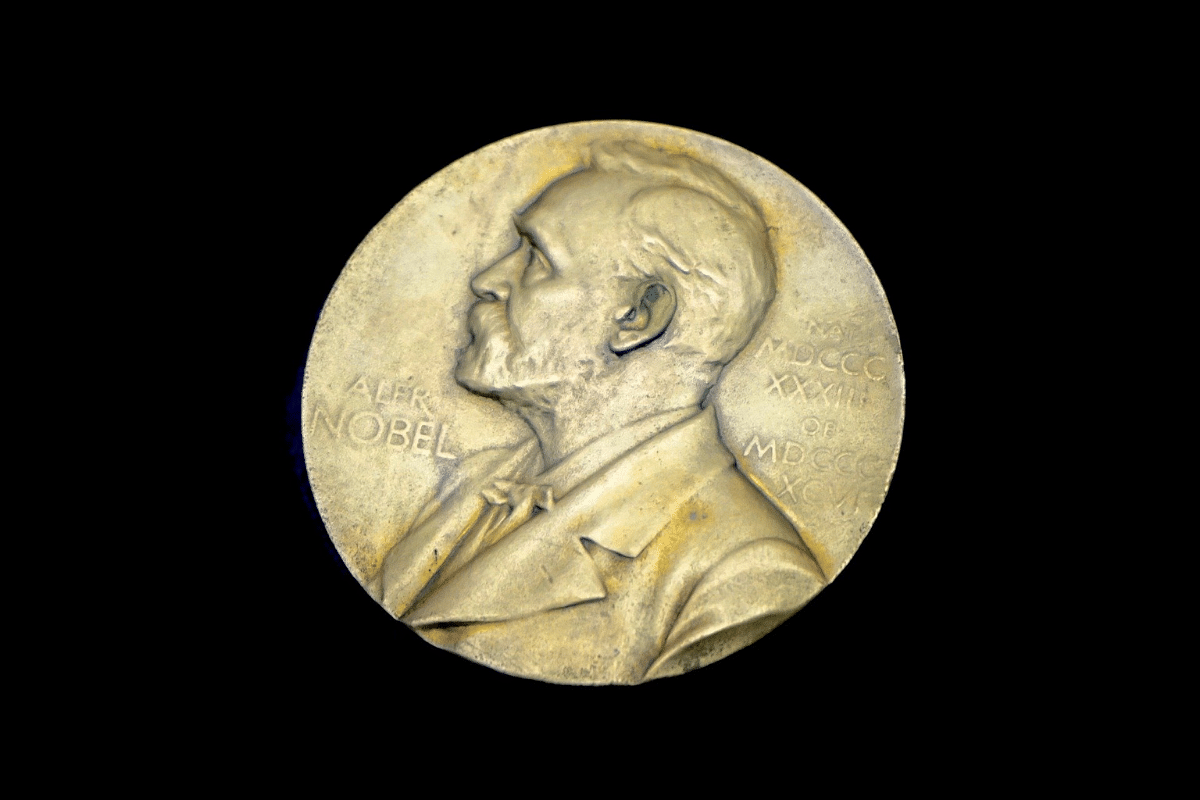Science
Nobel Prize In Physiology Or Medicine Goes To Trio For Discovery Of Hepatitis C Virus
- The 2020 Nobel prize in physiology or medicine is awarded to three scientists who have made a decisive contribution in the fight against blood-borne hepatitis.

Nobel prize
The first of the 2020 Nobel prize announcements is in. The Nobel prize in physiology or medicine has gone to scientists Harvey J Alter, Michael Houghton, and Charles M Rice.
The researchers will share the 9 million Swedish kronor prize, which translates to approximately Rs 7.3 crore.
Alter, Houghton, and Rice’s work led to the identification of a novel virus, Hepatitis C. This virus has been causing cirrhosis and liver cancer globally, but the work of these Nobel prize winners made possible blood tests and new medicines that have saved millions of lives.
Unlike the A variant, which is transmitted by polluted water or food and has little long-term impact on the patient, Hepatitis B and C are transmitted through blood and bodily fluids. With this latter type, a patient can be infected for many years before developing complications. A chronic condition may eventually give way to cirrhosis and hepatocellular carcinoma.
Blood-borne hepatitis accounts for more than a million deaths per year worldwide.
Hepatitis A and B were identified in the 1960s. But in the 1970s, another unknown infectious agent was at work.
At that time, investigations were made by Alter and colleagues into the occurrence of chronic hepatitis among recipients of donated blood. This blood, they found, made chimpanzees sick. Soon, they learnt that the pathogen causing the illness was a virus.
The mysterious illness became known, unsubtly, as “non-A, non-B” hepatitis.
Work was underway to identify the virus. Houghton did the work to isolate the genetic sequence. Further work led to the identification of the infectious agent as part of the flavivirus family and then it got the name Hepatitis C.
Finally, Rice set out to answer the question: could the virus alone cause hepatitis?
Employing techniques of genetic engineering, Rice and colleagues who worked with RNA viruses proved that Hepatitis C virus alone could cause the unexplained cases of hepatitis in the aftermath of blood transfusion.
For a world now in the grip of a disease caused by a virus, it is easy to appreciate the importance of the work done by Alter, Houghton, and Rice. There is hope now that Hepatitis C can be eradicated from the world population.
Alter conducted his prize-winning studies at the National Institutes of Health (NIH) in the United States of America — in particular at the Clinical Center’s Department of Transfusion Medicine.
Houghton, who was born in the United Kingdom, carried out his hepatitis research at Chiron Corporation, California. He has since moved to Canada and is a Canada Excellence Research Chair in Virology at the University of Alberta, where he is also the Li Ka Shing Professor of Virology and director of the Li Ka Shing Applied Virology Institute.
Rice’s prize-winning work was conducted at Washington University School of Medicine, St Louis. He is a professor at the Rockefeller University, New York. From 2001 to 2018, he was the scientific and executive director, Center for the Study of Hepatitis C at Rockefeller University.
Baruch Blumberg, who identified Hepatitis B virus as a cause of one kind of blood-borne hepatitis, was awarded the Nobel prize in physiology or medicine in 1976. Blumberg's work had led to the development of diagnostic tests and an effective vaccine.
Between 1901 and 2020, 111 Nobel prizes in physiology or medicine have been awarded.
Support Swarajya's 50 Ground Reports Project & Sponsor A Story
Every general election Swarajya does a 50 ground reports project.
Aimed only at serious readers and those who appreciate the nuances of political undercurrents, the project provides a sense of India's electoral landscape. As you know, these reports are produced after considerable investment of travel, time and effort on the ground.
This time too we've kicked off the project in style and have covered over 30 constituencies already. If you're someone who appreciates such work and have enjoyed our coverage please consider sponsoring a ground report for just Rs 2999 to Rs 19,999 - it goes a long way in helping us produce more quality reportage.
You can also back this project by becoming a subscriber for as little as Rs 999 - so do click on this links and choose a plan that suits you and back us.
Click below to contribute.
Latest